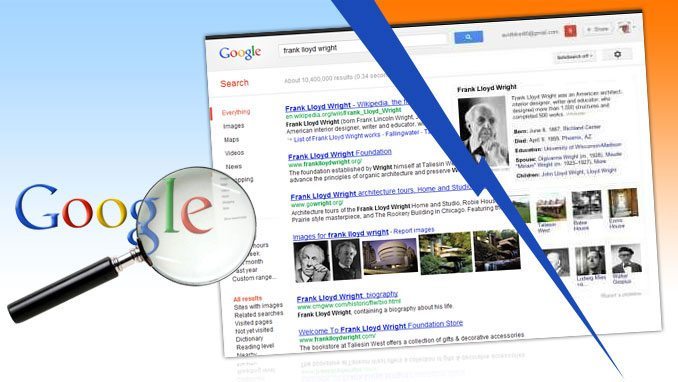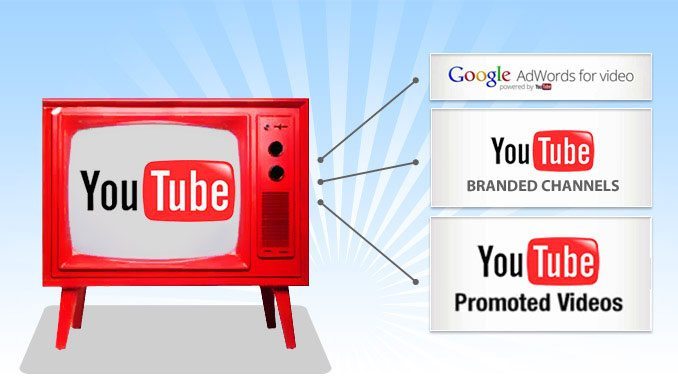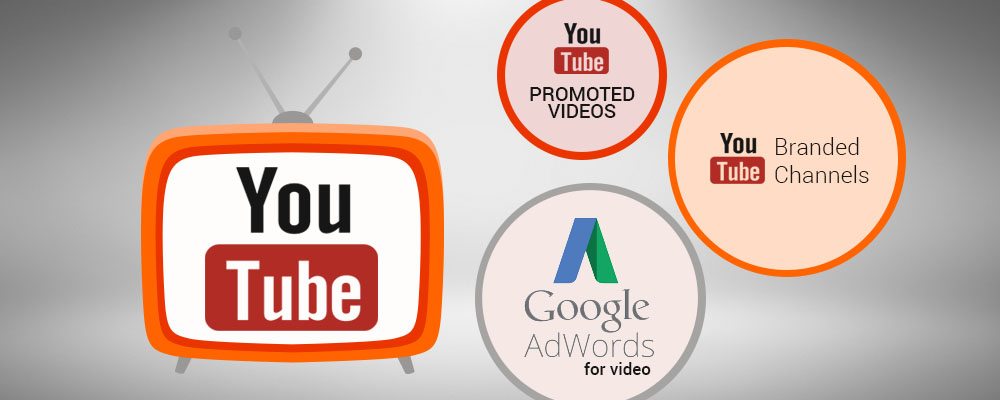Google has unveiled the Knowledge Graph, which they’re calling the “first step in the next generation of search.” The Knowledge Graph refines universal search with semantic search approach. The news is called by Google as a first major update since 2007.
As of writing, this initial launching is gradually rolling out to U.S. English users and consists of three elements:
- Links to different sets of results based on contextual meanings for any given search term
- Topic summaries with key facts visible in the sidebar of the SERPs
- Information boxes that offer additional information in the SERPs sidebar based on popular related queries.
Information is gathered from many sources, including the CIA World Factbook, Freebase and Wikipedia. The goal is that users would be able to use this information to resolve their query without having to navigate to other sites and assemble the information themselves.
This new functionality (semantic search) concentrates on the notion that people communicate in ideas, not keywords. In other words, Google is attempting to think in terms of human relevance.
With Knowledge Graph, Google Search asks you to point into the right direction and then displays informative summaries for terms, with descriptions, photos and related items that people typically ask for then itís giving people what they want instead of keywords.
What does this mean to marketers concerned about SEM and SEO?
If Google is drawing from “collective human wisdom,” then we’re talking about contextual relevance over just links. This is where the world is changing for marketers. It’s true to what Google has always sought to do, be a search engine focused on relevance, but it’s moving away from ways were marketers might have sought to (more often than not) manipulate it with programs of on-page optimisation and link building. It’s not a moving of the goal posts, but a changing of the game.
Three things to keep in mind
- More than ever, it’s now time to consider how you build brand authority online, to increase the contextual relevance of your content, not just inbound links that are garnered (of course they still matter enormously so far as we can see into the future). Make it easy for Google to see this; Matt Cutts has advocated the rel=author approach to help build contextual relevance.
- Focus on people – this human approach recognises the importance of people related to your brand producing, promoting and sharing content, a move away from abstract “brand content” in search listings. So how will you mobilise a brand army of real people on your behalf?
- The importance of social, and we can assume especially Google+, will come to the force as Google launches a users search journey by combining the information that others found useful with information in the Knowledge Graph itself.
This new search functionality is promising to elevate how people search and in turn the responsiveness of Google to that. They see this as the first step towards harnessing the collective intelligence of the web – to see information as people do, making learning about things much faster and easier.
Looking at the future, Search Engine Marketing and SEO may give way entirely to a new, emerging field of “Knowledge Engine Marketing”. It could be an integration for content marketing, social media marketing, and inbound marketing. We will know as new ideas and technologies progress.





